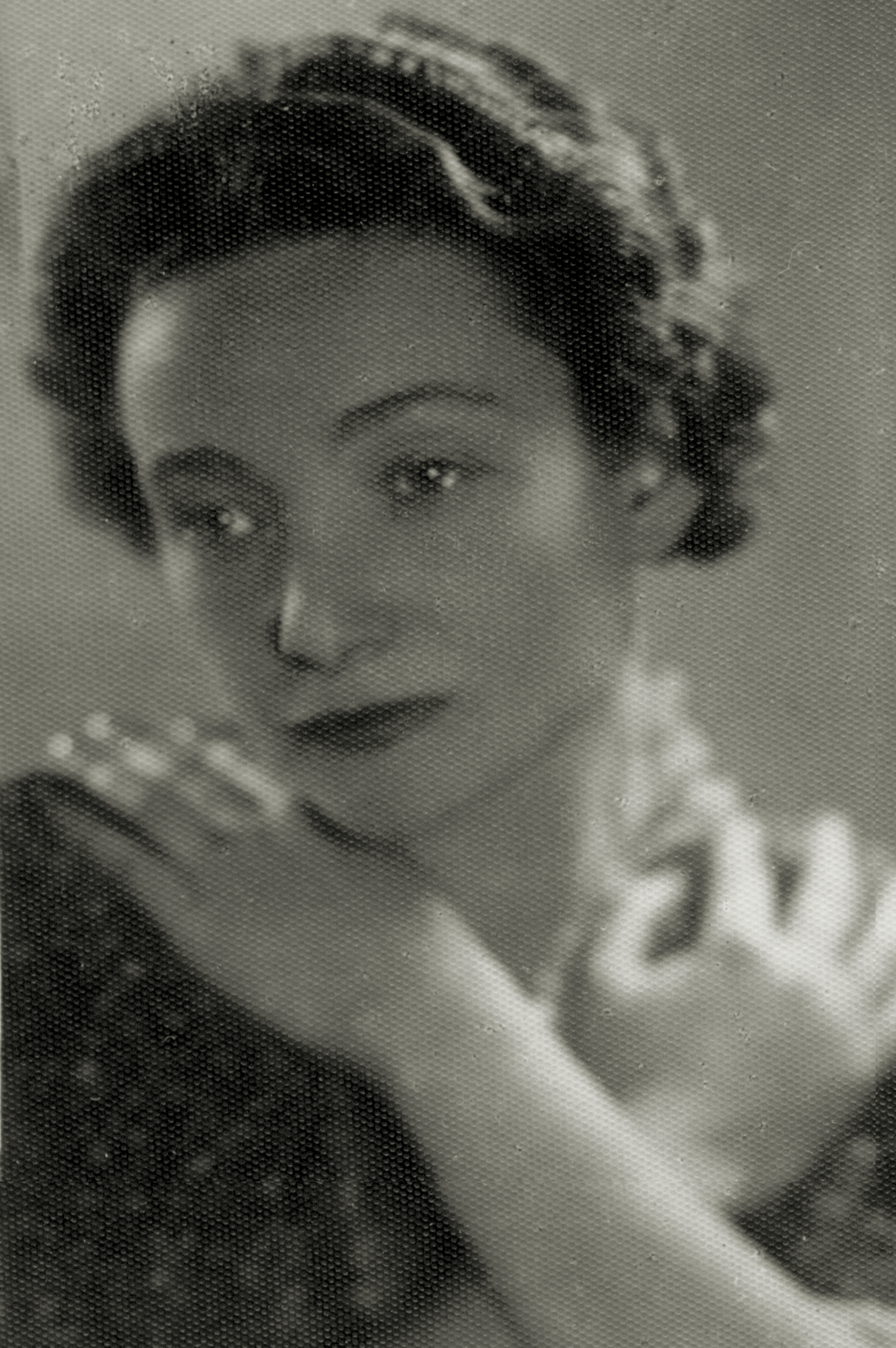Amalia Blank
This is me. The photo was taken in Tallinn in 1972.
In evacuation in Kuybyshev I met the Niskiy family, who also lived there in evacuation. I made friends with them. They were wonderful people. During evacuation I was closer with Boris's wife. Boris, like I, was born in Poland. He used to be a Polish Komsomol member, ardent fighter for social justice. Finally, his dream came true: he came to the country he believed in - the Soviet Union. He started working, studying. Everything looked OK. He got married here. His son was born here. Then the country took a revenge on him, for his belief in Soviet slogans. In 1948 Boris was imprisoned for being a Polish communist. His son died while he was innocently locked up in prison for his belief.
After the Twentieth Party Congress, rehabilitation of Stalin's victims started. Boris and his wife happened to be Tallinn. We kept in touch. Then there was another tribulation: after all suffering Boris's wife lost her mind. Once I received a letter from Boris, saying that his wife had died. He wrote that he couldn't stand the loneliness and wanted me to move to Tallinn and live with him for a while, as it would be easier for him to get over his loneliness. I could not refuse him. At that time Boris was sick. He had heart trouble.
I left for Tallinn. I lived there a little while, helped him abide by his loss, as it seemed to me. I went back to Kostroma. Boris could not abide the fact that his wife was dead. She was a wonderful and smart person. She taught history at school. Boris asked me to come to him again. He was so sick that I understood that there was no way I could leave him in the lurch. In 1976 I moved to Tallinn. I was retired. I looked after Boris, took care of the house, read a lot. Boris was getting worse and worse. He had a stroke. Then there was another stroke.
We lived together for 15 years, and ten were the period of his serious illness: two strokes, two infarctions, a lot of operations. They said that it was useless, that he was doomed to die after the first infarction, after the first stroke. I didn't pay attention to that. I put all my heart and efforts into my husband. Then the doctors told me that it was an unprecedented case, that it was my merit that he had remained alive for ten years, with such diseases. Boris died in Tallinn in 1991. I had nowhere to go. There were people close to me, who became my friends.
